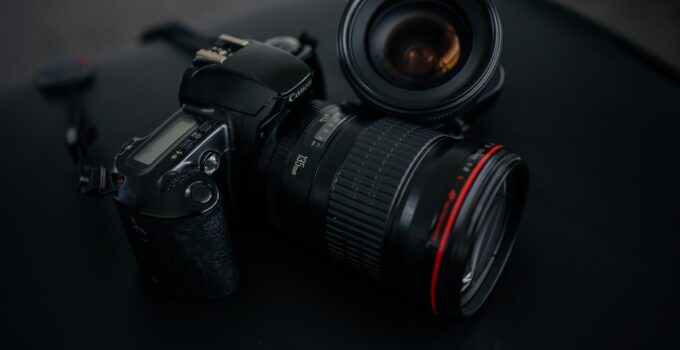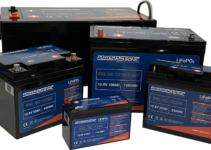If you’re a videographer looking to take advantage of the latest features available in mirrorless cameras here are some tips on choosing the best and most reliable camera to get the job done as well as some of my recommendations when it comes to an event camera for run and gun wedding filmmakers
As professional wedding filmmakers, such as dioncariofilms.com.au, we have tested all the video cameras listed below and have used them in real-world situations and filming conditions both good and bad.
Reliability first
One of the most important factors to consider is reliability. I would consider that just as important image quality There is no point in having a video camera that produces amazing 4k images if it’s not reliable. When it comes to reliability with cameras I think there are three boxes you want to check.
Keeping things cool
No overheating or at least unlikely to overheat is one of the boxes for sure. I think it is worth pointing out that in certain conditions just about any camera can technically overheat so try to avoid putting your camera directly in the hot sun for long periods of extended recording.
Dual SD recording
The other box I think you should try to check is to make sure it has a dual recording. I would look for cameras that have dual SD slots capable of recording video files to both cards at once. If you are planning on using an external recorder such as a Ninja 5, dual SD slots will likely be less important to you.
I understand not everyone would put dual recording as an absolute must but you don’t want to be in a position where you lose any footage should an SD card become corrupted.
Battery life
The third box to check, I would say is a little less important because there’s an easy workaround. It’s worth noting having a camera with good battery life can make filming events so much easier and much less stressful in a fast-paced environment. Of course, you can always carry more batteries but I still think good battery life is something to consider when you’re choosing your video camera
Now that we’ve been over those important points I”ll give some actual recommendations. I’m going to assume you’re either a one-man or one-woman crew or maybe a small operation. I’m guessing you’re looking for a mirrorless or DSLR style body that’s lighter and more manoeuvrable and don’t want to get into the heavier cinema-style cameras for capturing weddings and other events.
Canon c70
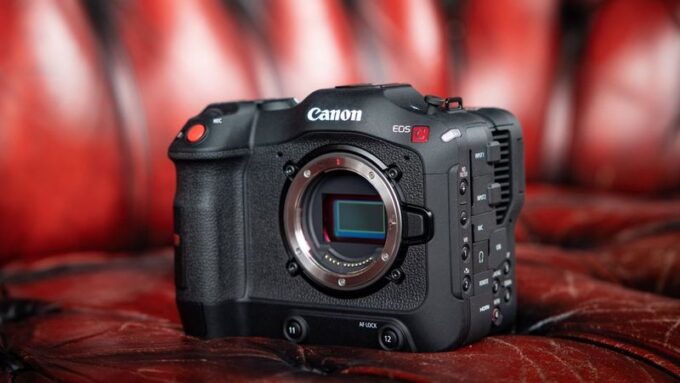
Source: canon.rs
I love to look at this camera and if you’re used to a mirrorless body before then you will feel right at home. Some of the pros are it has a dual gain sensor that offers great dynamic range and also some really good batter life.
It also has a fully touchable flip screen that looks excellent and of course, those Canon colours are always easy to work with. A lot of legacy glass is available along with high-quality RF lenses. The cons are that it’s super 35 and with the RF mount you’ll have to do a lot of conversions. The autofocus is a little older but again it’s priced reasonably for a fro mirrorless camera
The mighty Sony A7S3
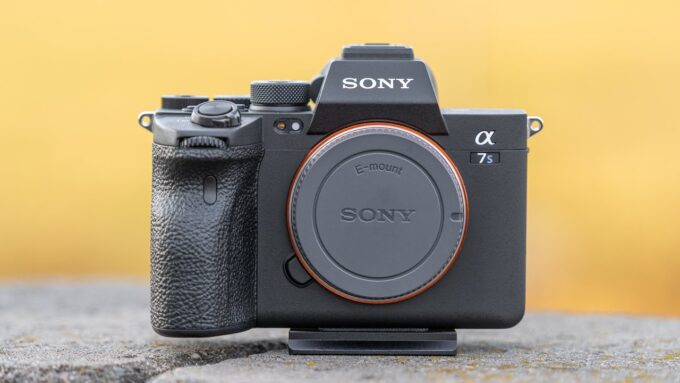
Source: youtube.com
Stepping down in price we have the Sony A7S3. It is truly a phenomenal 4k camera with a heap of various recording options. With industry-leading autofocus and image stabilization, it’s a popular option for most wedding videographers and event cinematographers. Even tho it has a 12-megapixel sensor, it’s good enough for some stills especially considering the new Adobe upscaling software. The cons are it still has that very cheap screen but it also has that amazing EVF.
The Sony Hybrid
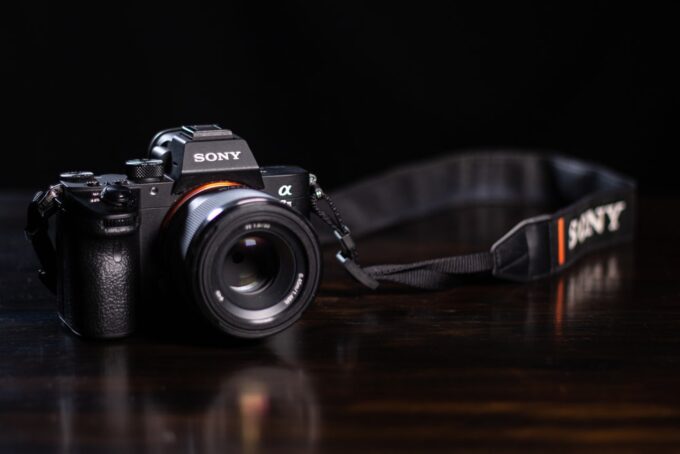
Source: unsplash.com
Moving down the list again and going even cheaper is the Sony A73. Like its bigger brother, the Sony A73 has class-leading image stabilization and an autofocus system other manufacturers could only dream off. Overall it is still a pretty great camera and it does have duel recording but it is a little dated at this point and it doesn’t have the Sony upgraded colours. I’ve also heard of some overheating but I don’t think it’s that common when being used in normal filming situations. A big positive is that the A73 can be used for stills as your main photography camera. I know several pro photographers who still utilize this camera for all their work.
The Cult favourite
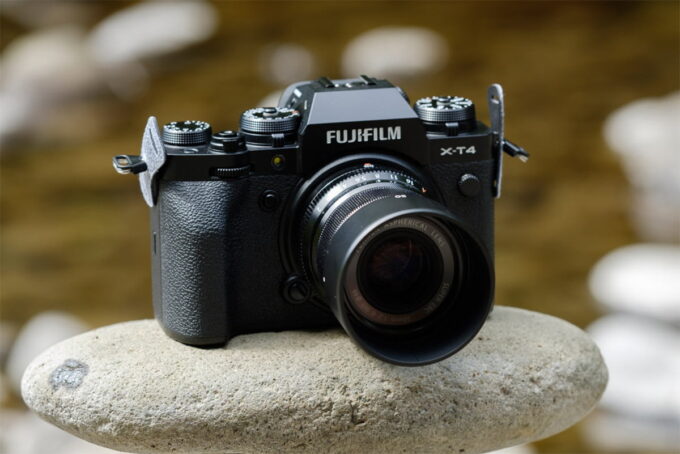
Source: digitaltrends.com
Keeping with the hybrid style cameras is the Fuji xt4, a prosumer stills and 4k 10-bit video camera with inbuilt image stabilization. The xt4 has a cult following due to Fujis glorious colour space. Thanks to its internal X-Processor 4 this tiny camera produces wonderful skin tones with little work needed in post-production. The weight of the camera is a tiny 526 grams, making this an easy camera to handle on a long day of shooting. Other pros include good battery life and a decent flip-out screen. Cons include an APS-C size sensor, average menus layout and poor autofocus in video mode but at $1600 USD this camera is a steal!
Panasonic Lumix DC-GH5S
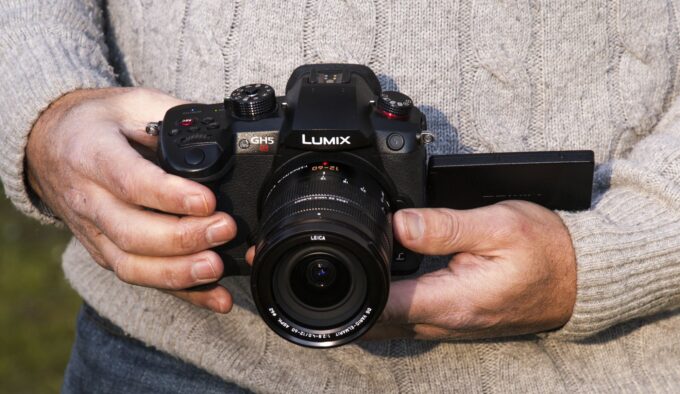
Source: engadget.com
Rounding out our top cameras for wedding videographers and event filmmakers comes the Panasonic GH5S. Another 4K 60P camera soley designed for video rather than offering a balance between video and stills. This camera ticks a few important boxes with dual SD card slots and very good battery performance. Being a Panasonic you’re spoilt with a wide range of shooting resolutions including anamorphic mode not to mention dual native ISO technology for improved low light performance over the older GH5. The GH5S offers a fully weather-sealed magnesium alloy body which is a must for run and gun events where the weather can change drastically. The cameras tiny sensor (17.3 x 13 mm (4/3″) is definitely a con and doesn’t offer much depth of field if you are hoping for a more cinematic look. If good autofocus is important to you the GH5S falls short in this category, especially during fast-paced tracking shots when used on a gimbal.
Other video camera options
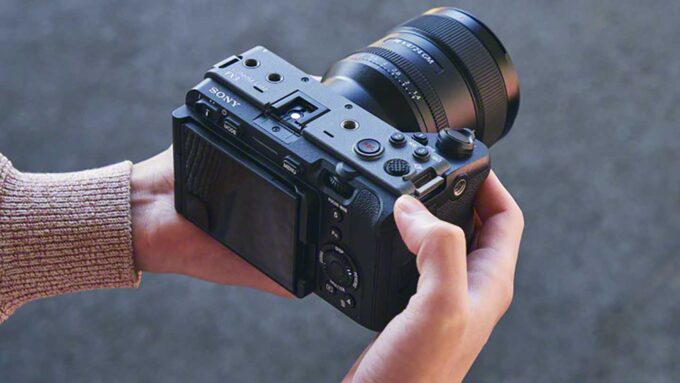
Source: camerajabber.com
Some other options to consider that have both strong and negative points are the Panasonic S1H, Black magic designs 6k and Sony FX3.
Before you make the final decision in choosing a camera it’s worth noting that some manufacturers like Sony and Canon have a constant stream of native and third-party lenses in comparison to brands like Panasonic and Fuji who only release lenses separately.

